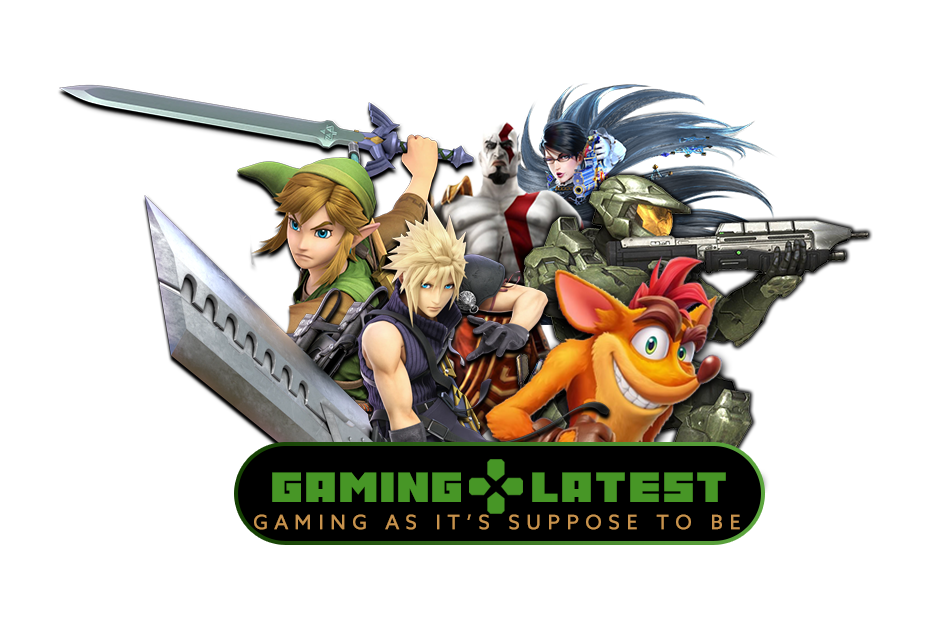Read some nice bandai namco interview of the guy, translated by siliconera:
バンダイナムコ知新「第1回 ビデオゲームのはじまり 後編」岩谷徹氏インタビュー

Firstly, we’d like to hear about Namco’s shift from electro-mechanical games to video games. Namco bought Atari Japan, and began its journey into video games in 1974. Back then, video game arcades weren’t a thing, and games were things to be played on department store rooftops and bowling alleys.
Toru Iwatani, game producer: “Back then, the electro-mechanical game maker Namco had just bought Atari Japan, and the staff laid their first eyes on ‘video games’. When I joined in 1977, Namco was already importing games from America and selling them, as well as making them available to play at our store.
After entering Namco, what sort of work did you do on video games?
Iwatani: “Of course, back then the instructions of Atari games would be in English, and we had to translate them into Japanese, and I was mainly in charge of that. The senpais familiar with electro-mechanical games didn’t know video games well, so young me was put in charge of playing Atari’s sample games, understanding the contents, and writing the instructions.”
So the task of the company’s first video game fell upon the new staff’s shoulders. Would you say you challenged yourself with the game, rather than feel the pressure?
Iwatani: “That’s right. I thought, “Like heck we’re losing to Atari!” However, while Gee Bee did good numbers, it was a very hard game, and sales soon dropped. However, the lesson learned from making it too hard ended up playing a part in making Pac-Man.”

It’s true that Pac-Man is a game distilled into its most concise form. The game was a hit in Japan, but was even bigger in the US. How would you explain this phenomenon?
Iwatani: “Firstly, having the game be a decent hit in Japan was exactly as planned. When we did location testing, we’d see women playing with smiles on their faces, and we’d realize we’d hit our target audience. Originally, the game was made with Japanese women and couples in mind. On the other hand, I didn’t imagine the game would do so well in America. It wasn’t that thrilling or exciting, and had a soft, comical look to it. I thought it wouldn’t leave an impact in America, and having it do that well was completely unexpected.”
バンダイナムコ知新「第1回 ビデオゲームのはじまり 後編」岩谷徹氏インタビュー
Firstly, we’d like to hear about Namco’s shift from electro-mechanical games to video games. Namco bought Atari Japan, and began its journey into video games in 1974. Back then, video game arcades weren’t a thing, and games were things to be played on department store rooftops and bowling alleys.
Toru Iwatani, game producer: “Back then, the electro-mechanical game maker Namco had just bought Atari Japan, and the staff laid their first eyes on ‘video games’. When I joined in 1977, Namco was already importing games from America and selling them, as well as making them available to play at our store.
After entering Namco, what sort of work did you do on video games?
Iwatani: “Of course, back then the instructions of Atari games would be in English, and we had to translate them into Japanese, and I was mainly in charge of that. The senpais familiar with electro-mechanical games didn’t know video games well, so young me was put in charge of playing Atari’s sample games, understanding the contents, and writing the instructions.”
So the task of the company’s first video game fell upon the new staff’s shoulders. Would you say you challenged yourself with the game, rather than feel the pressure?
Iwatani: “That’s right. I thought, “Like heck we’re losing to Atari!” However, while Gee Bee did good numbers, it was a very hard game, and sales soon dropped. However, the lesson learned from making it too hard ended up playing a part in making Pac-Man.”
It’s true that Pac-Man is a game distilled into its most concise form. The game was a hit in Japan, but was even bigger in the US. How would you explain this phenomenon?
Iwatani: “Firstly, having the game be a decent hit in Japan was exactly as planned. When we did location testing, we’d see women playing with smiles on their faces, and we’d realize we’d hit our target audience. Originally, the game was made with Japanese women and couples in mind. On the other hand, I didn’t imagine the game would do so well in America. It wasn’t that thrilling or exciting, and had a soft, comical look to it. I thought it wouldn’t leave an impact in America, and having it do that well was completely unexpected.”


